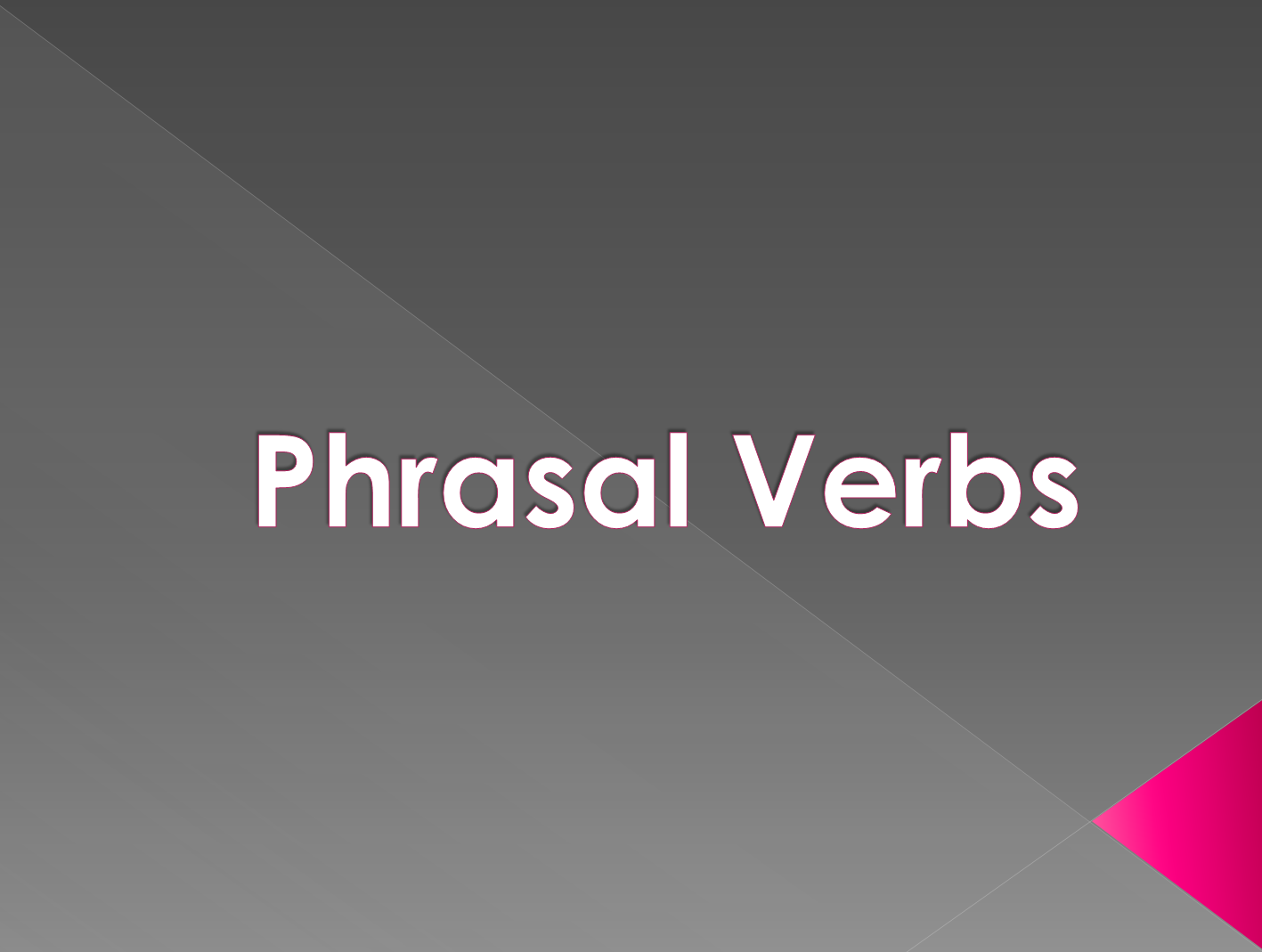
When it comes to the International English Language Testing System (IELTS), a comprehensive vocabulary is essential to excel in the exam. One important domain to master is health-related terms and idioms. Whether you are a student aiming for higher education abroad or a professional seeking career opportunities in English-speaking countries, a strong grasp of health-related vocabulary and idioms can make a significant difference in your IELTS performance.
Vocabulary:
1. Wellbeing:
The state of being healthy, comfortable, and happy.
For example, “Regular exercise contributes to overall wellbeing.”
2. Disease:
A disorder of the body or mind.
For example, “Preventative measures can help reduce the risk of infectious diseases.”
3. Immunity:
The ability of the body to resist infection or disease.
For example, “Vaccinations boost your immunity against certain illnesses.”
4. Ailment:
A minor illness or health problem.
For example, “A common ailment during winter is the flu.”
5. Chronic:
Long-term or persistent.
For example, “Chronic stress can have detrimental effects on your health.”
6. Epidemic:
A widespread outbreak of a disease.
For example, “The government implemented measures to contain the epidemic.”
7. Hygiene:
The practice of maintaining cleanliness to prevent illness and disease.
For example, “Proper hygiene includes regular handwashing.”
8. Vaccination:
The act of receiving a vaccine to protect oneself against a disease.
For example, “Many countries have vaccination programs for children.”
9. Diagnosis:
The identification of a disease or illness based on its symptoms.
For example, “Early diagnosis is crucial for effective treatment.”
10. Prescription:
A written order from a doctor for medication or treatment.
For example, “Make sure to follow your doctor’s prescription carefully.”
Idioms:
1. An apple a day keeps the doctor away:
This idiom emphasizes the importance of a healthy diet in preventing illness.
For example, “She believes in the saying ‘an apple a day keeps the doctor away’ and eats fruits daily.”
2. In the pink of health:
To be in good health and physical shape.
For example, “After regular exercise and a balanced diet, he’s now in the pink of health.”
3. A clean bill of health:
Confirmation from a doctor that one is healthy.
For example, “After a thorough check-up, the doctor gave him a clean bill of health.”
4. Under the weather:
Feeling unwell or sick.
For example, “I won’t be able to make it to the meeting today; I’m feeling a bit under the weather.”
5. Fit as a fiddle:
In very good health and fitness.
For example, “Despite his age, he’s as fit as a fiddle and can still run marathons.”
6. To be a bundle of nerves:
To be very nervous or anxious.
For example, “Before the job interview, she was a bundle of nerves.”
7. To be in poor health:
To have health problems.
For example, “Due to his unhealthy lifestyle, he’s been in poor health for years.”
8. In the peak of condition:
In the best physical shape possible.
For example, “He trained rigorously to be in the peak of condition for the competition.”
9. To nurse a grudge:
To hold onto anger or resentment over a long period of time, which can negatively affect one’s health.
For example, “Nursing a grudge can lead to stress-related health issues.”
10. To be a pill:
To be difficult or unpleasant to deal with, which can cause stress and affect one’s health.
For example, “Her demanding boss can be a real pill to work for.”
Incorporating these health-related vocabulary words and idioms into your IELTS preparation will not only help you communicate effectively on health-related topics but also enhance your overall English language proficiency. Remember, a comprehensive vocabulary and idiomatic expressions can be the key to achieving success in the IELTS exam and beyond. Good luck with your studies!
You may also like:- Idioms and Other Expressions Used For Talking About ‘Work’
- What Are Weasel Words?
- Money and Finance – Test Your Knowledge
- Phrasal Verbs, Idioms and Other Expressions Using ‘CUT’
- How to Say Time in English
- Idioms and Other Expressions Used For Talking About Money
- Shopping and Consumerism – Match the Correct Name
- Phrasal Verbs – Choose the Correct Verb
- Currency Markets – Choose The Best Words
- Personal Qualities – Use the Best Nouns and Adjectives








